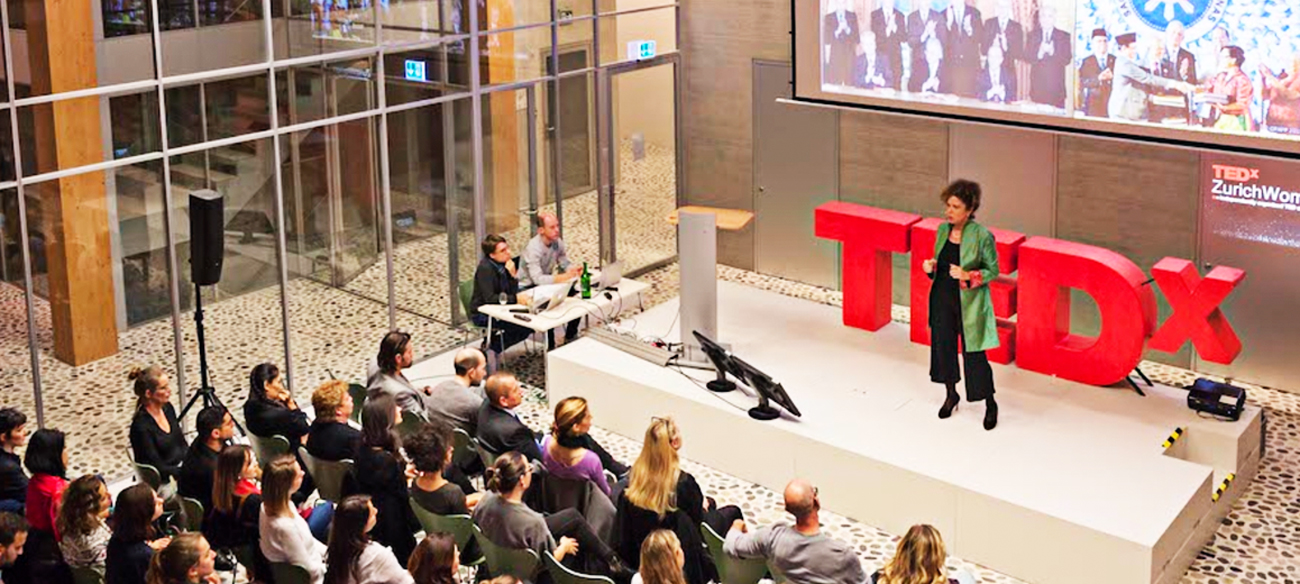Agenda Setting
In our agenda-setting work, we support a fundamental rethinking of inclusive peace and political transition processes. This draws on our evidence-based analysis and our peace process support experience to recommend structural changes to the way international policy and programming approaches perpetual peace.
A key aspect of Inclusive Peace’s work is our role as a thought leader, setting international and national agendas to make inclusive peace a reality. In this agenda-setting work, we draw on our extensive experience in peace process support and on our comprehensive knowledge base to both operationalise and shape national and international policy. This in turn helps us to identify important developments and trends in the field of peace processes, that we can then use in our support to the actors we work with. This iterative approach ultimately aims to provide collective knowledge on how key normative agendas are operationalised and adapted locally.
Through this approach, we have given input to UN Secretary General reports, guided the World Bank/UN Pathways for Peace report, and provided substantive content to thematic reports like the Women, Peace, and Security 15th Anniversary UN report. This is in addition to the regular academic and think pieces that influence the thinking and action of peace practitioners.
While embedded in all of our work, we have also developed a number of innovative agenda-setting projects. These include our Rethink project, centred on changing how peace processes are understood, conceptualised, and designed so that outcomes simultaneously create conditions for inclusive societies and reduce violence; and the related Critical Junctures, a research and in-country action project to strengthen the effectiveness of peace processes through a better understanding of how change happens at critical junctures in these processes.
We encourage strategic decision-making and foster strategic partnerships
In the long term, our vision is for all countries to move towards becoming more peaceful and inclusive societies. To that end, agenda-setting is part of our close work with a broad range of actors, including:
- local civil society organisations and networks
- global civil society networks
- governments
- non-state (armed) actors
- international and multilateral donors, organisations, agencies and INGOs
- private sector actors
As an organisation, we have a strong footprint in Geneva and New York, two major international policy hubs for peacemaking and peacebuilding. In both communities, we have built broad and well-established networks. These networks are underpinned by our longstanding practice of providing advice and expertise to policymakers through both formal and informal channels and formats. These are key focus areas for our agenda-setting work.

